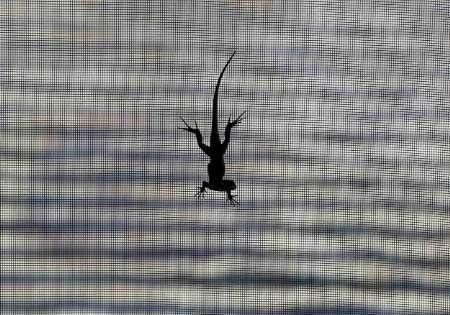Carnivorous Nile Monitor Lizard Is Eating Up All The Cats In Florida

The cat-eating species of monitor lizard, originally from Africa, is creating a havoc in Florida. The state wildlife officials are taking steps to locate and completely eliminate the Nile monitor from the state — particularly along the canals in North Miami — since the creature is posing a danger to the state wildlife.
According to the biologists, the Nile monitor eats up cats and other organisms, including fishes, owls and frogs. The impact of the 5 feet long, mottle brown, yellow or olive coloured carnivorous lizard on the native fauna species in Florida is being assessed by the state wildlife services.
"Nile monitors eat a wide variety of food items including small mammals, reptiles, fish, amphibians and more. Because their diet is so varied, we are assessing whether this species may have an impact on Florida's native wildlife," said biologist Jenny Ketterlin Eckles, reported Tech Times.
Since it is hard to identify a monitor lizard, the state wildlife officials have urged the public to immediately report to them with a picture in case they spot a creature anywhere in the area, that resembles the monitor lizard. Since the mating season for the carnivorous monitor lizard is around the corner, the wildlife officials hope to catch as many lizards as they can.
However, the Fish and Wildlife Service department has warned people not to try and catch the Nile monitor lizard themselves since the lizards are likely to defend themselves like other wild animals, even though do not not aggressively attack humans at first.
"They have very sharp claws and sharp teeth. You wouldn't want to try to catch one in your Florida room or try to handle one. So far this population seems to be small enough that there is a reasonable chance that we can eliminate this particular population," warned Kelly Gestring from the Florida Fish and Wildlife Conservation Commission.
To report a problem or to leave a feedback on the article, send and e-mail to emailtoguneet@gmail.com.





















